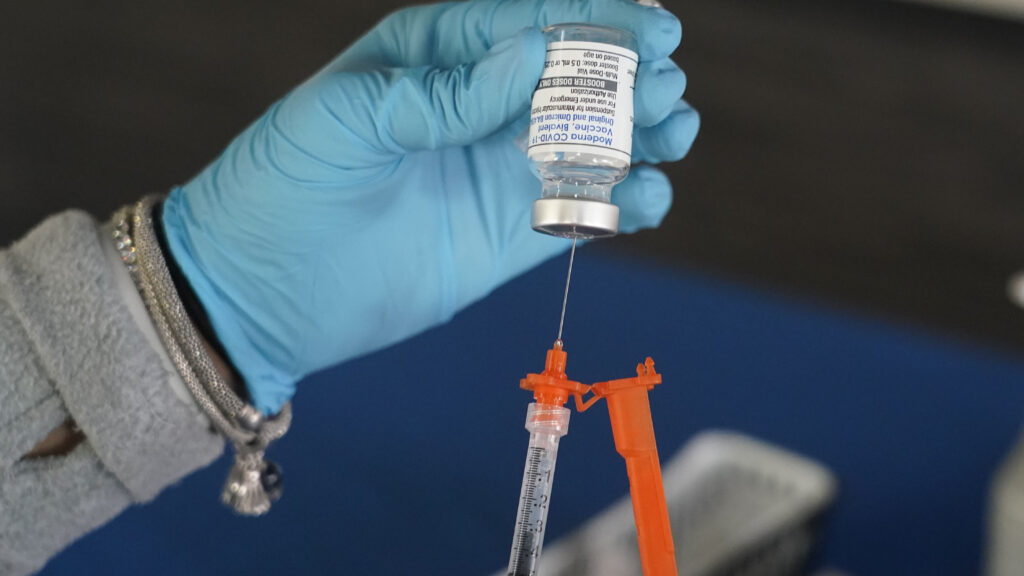Want to stay on top of the science and politics driving biotech today? Sign up to get our biotech newsletter in your inbox.
There’s potential that a stem cell infusion from kidney donors might help prevent organ rejection — allowing patients to perhaps wean from immunosuppressive drugs. We see the Senate is getting serious about PBMs, and have a neat podcast, as always. Have a good weekend!
advertisement
The need-to-know this morning
• The 9.1-million share initial public offering for Lexeo Therapeutics was priced at $11 per share — below the requested range of $13-15 per share.
When is a failure not a failure?
Does the FDA have special rules for Sarepta Therapeutics? And how do you say “brash” in French?
We cover all that and more this week on “The Readout LOUD,” STAT’s biotech podcast. Biotech consultant Frank David joins us to explain the wild world of subgroup analyses and how to discern science from spin. We also discuss the latest news in the life sciences, including the future of Sarepta and the retirement of a biotech stalwart.
advertisement
Can stem cells help transplant patients wean from immunosuppressants?
Although there’s desperate demand for kidney transplants, the side effects stemming from necessary immunosuppressive drugs are typically a lifelong ordeal. Medeor Therapeutics unveiled data this week that suggest its stem cell treatment might help patients stop using immunosuppressants within a year of transplant.
In the study, 20 volunteers who received HLA-matched kidneys (that is, donated kidneys that shared six antigens with the recipient) from a sibling received MDR-101, a single-dose stem cell therapy crafted out of the donor’s blood. This created a state called mixed chimerism, where donor and receiver immune cells were combined in the recipient’s body. This boosted immune tolerance in the recipient.
The patients were compared with 10 patients who received standard of care. Of the patients taking MDR-101, 63% were able to wean from immunosuppressants within a year, and have not taken them for at least two more.
Senate panel to zero in on PBMs
A Senate panel will continue to contemplate policy change that might regulate pharmaceutical benefit managers, to make sure patients don’t pay more for drugs than insurers do. The legislation will be up for a vote on Nov. 8, as part of a package that includes other top health care issues — such as substance abuse and mental health care.
The key portion of the new PBM policy would allow HHS to designate a list of discounted drugs. Medicare beneficiaries would have to pay based on the net price, rather than the list price, under the new proposal. For example, if a drug has a $100 list price and a $50 net price, patients who need to pay 25% in coinsurance would pay $12.50 under the new policy, rather than $25, as they do now.
A stock slump for Moderna
Moderna’s stock is progressively slumping these days, thanks largely to shrinking sales of Covid-19 vaccines. The company also delayed its flu shot from 2024 to 2025, according to the company’s third quarter earnings call. Analysts had initially projected more than $100 million in sales for Moderna’s yet-to-be-approved RSV and flu vaccines as soon as next year, Reuters points out. But that’s no longer the case. Moderna’s stock has dropped about 60% in the last year.
If sales continue to slump, the company may consider out-licensing some of its clinical-stage programs: “If we have to, we will be open, of course, to partnerships [for] some of those programs,” CEO Stéphane Bancel said on an earnings call. The company’s future is no longer Covid. Instead, it will focus more heavily on combination vaccines and cancer, Endpoints says.
More reads
• Synthetic ‘super melanin’ speeds skin repair, Science
• Phathom passes acid tests, capturing 2 FDA approvals for Voquezna after impurity setback, FiercePharma
• Rani and Sangamo jettison staff, offices and assets to keep businesses afloat next year, FierceBiotech

